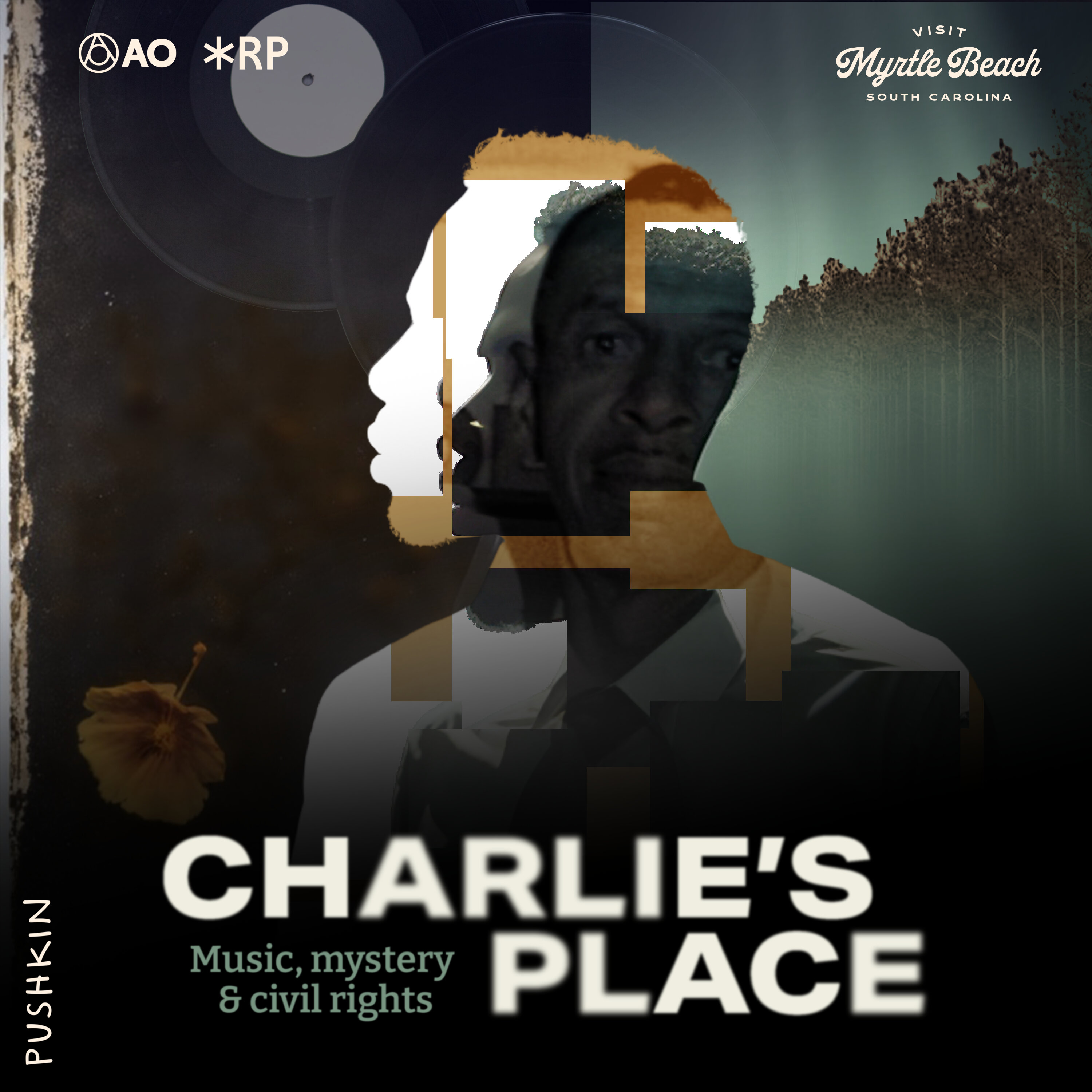
Charlie's Place
<p>How did a Black man in 1940s Jim Crow South open a club where Black and white people danced together?</p> <p>Charlie’s Place was revolutionary, and that meant it was dangerous. </p> <p>In this 5-part series, host Rhym Guissé explores the unbelievable true story of Charlie Fitzgerald, a mysterious Black businessman whose nightclub became an unlikely site of integration in 1940s Myrtle Beach. </p> <p>Charlie broke down racial barriers through the power of music and dance, hosting some of the greatest musicians of our time: Little Richard, Count Basie, Ray Charles, Duke Ellington, and many more.</p> <p>But who was Charlie? How did he rise to power? And what price did he pay for achieving the impossible—an integrated club in the Jim Crow South? This is a story of joy and passion that erupted into violence and changed a community forever. </p> <p>Subscribe to Pushkin+ to binge the entire season early & ad-free in <a href="https://podcasts.apple.com/us/podcast/charlies-place/id1823737633">Apple Podcasts</a> or at <a href="http://pushkin.fm/plus">Pushkin.fm/plus.</a></p>